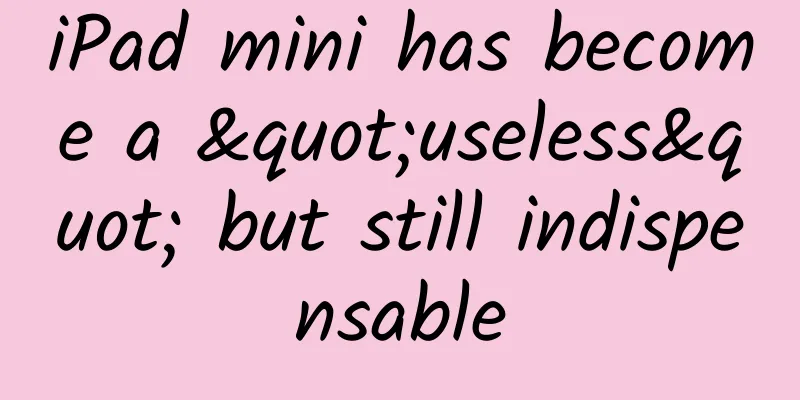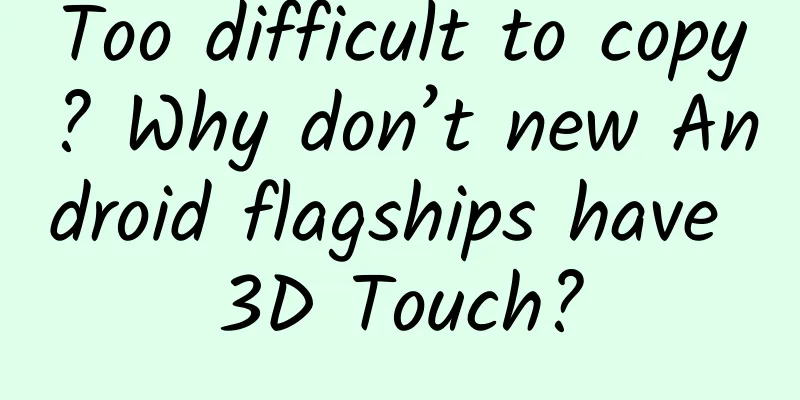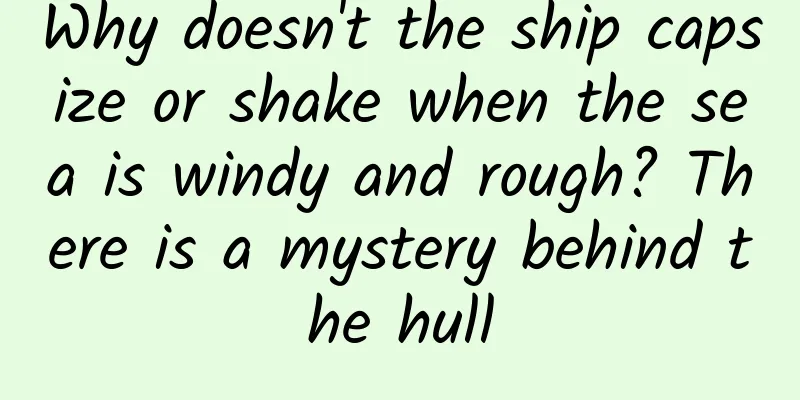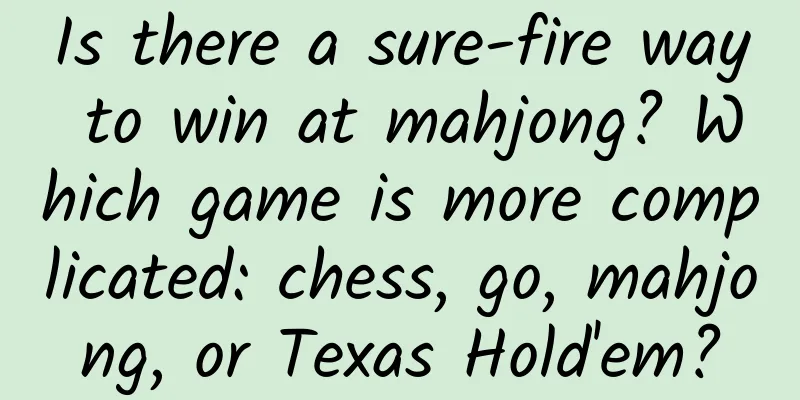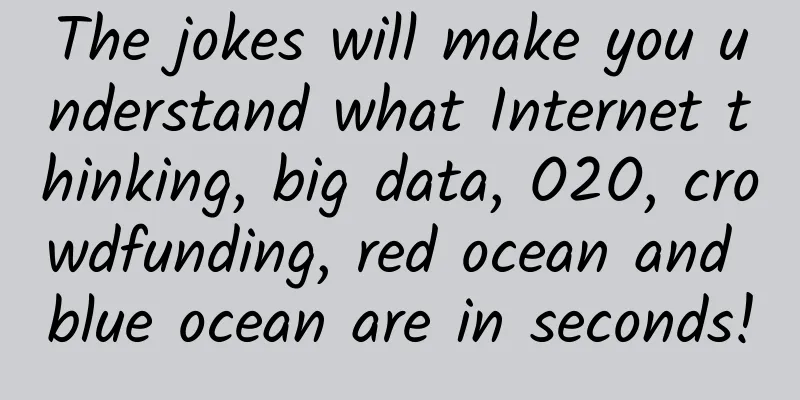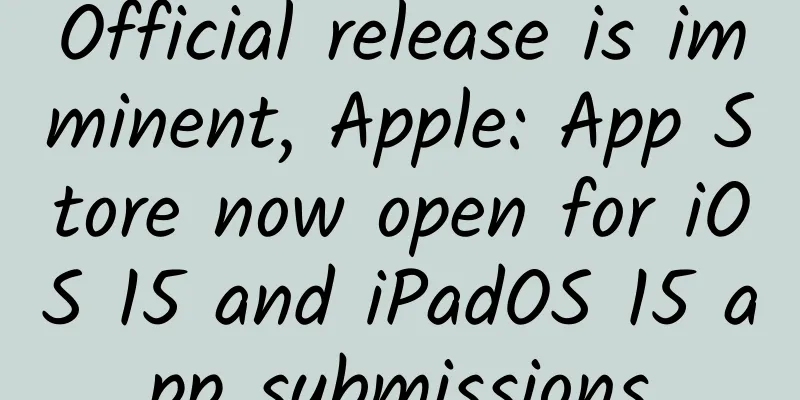Is there a "wealth code" hidden in "Robinson Crusoe"? !
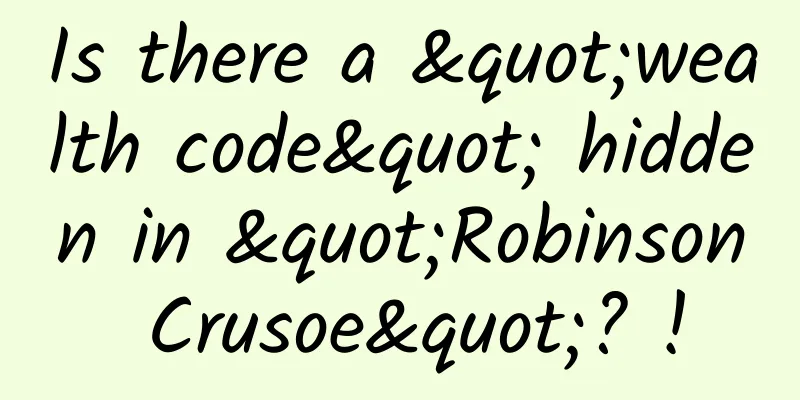
|
Today, many people watch the stock market and hope that the stock market will live up to their trust. Hundreds of years ago, Europeans invented double-entry bookkeeping, which made the stock market possible. Hundreds of years ago, Europeans invented double-entry bookkeeping, which made the stock market possible. In essence, double-entry bookkeeping is a detailed, audit-oriented bookkeeping method. It makes business operations more efficient and responsible. Double-entry bookkeeping also gives small nations great power, even creating huge waves and overthrowing powerful countries. Robinson's "magic weapon" Robinson Crusoe, who was stranded on a desert island, is a household name. Critics often say that Robinson Crusoe represents the image of the booming British bourgeoisie. Why is this saying so? In the book, Robinson Crusoe had just set up camp on the island and had recovered from his shock when he took out his account book, pen and ink. "I began to seriously consider the current situation and the environment I was in, and listed the status of affairs one by one... I used the debit and credit columns in the account book to write down the conveniences I enjoyed and the troubles I encountered." For example, Robinson wrote "I have no clothes to wear" in the "disadvantages" column, and accordingly, in the "advantages" column on the right, he wrote "but the weather is hot, so I don't need to wear clothes even if I have them." After listing several items like this, Robinson said: No matter how bad life is, you can also write an entry in the credit column of the account book. Robinson's move can be said to be a result of his deep understanding of double-entry bookkeeping. Later, he gradually upgraded, cutting wood, building villas, catching goats, exploring routes, making wooden boats, pottery, and pipes... In short, he kept the deserted island in good order. If he didn't have the habit of recording, he would not have been able to do so many things. Robinson's diary, which records what he has gained and what he has paid every day, is actually an account book. This diary allows readers (equivalent to auditors) to have an overall grasp of Robinson's assets, business activities, and sources of profit. Marx commented: "Robinson, who rescued the forms, account books, ink and pen from the wreck, soon began to keep accounts as a true Englishman. His account book recorded all the items he used, the various tasks required to produce these items, and finally the average labor time he spent on producing this certain amount of products." In terms of rational management, Robinson Crusoe is similar to the British East India Company. Robinson Crusoe opened a desert island company, and the double-entry bookkeeping method allowed the company to operate sustainably and develop healthily. Italian creativity Keeping good accounts is the basis for proper management. The earliest written language in Sumer 5,000 years ago was used for accounting. Greek city-states such as Athens attached great importance to the accounting and auditing of public finances. In Rome, in the struggle after Caesar's death, Octavian defeated Antony, whose accounts were in a mess, with his accurate and detailed account books. Bookkeeping is the basis of business All ancient civilizations used single-entry accounting. For example, if you withdraw 40 yuan from the bank to buy a chair, double-entry accounting records two items at the same time: on the left, write: chair 40 yuan; on the right, write: bank deposit 40 yuan. The left column records where the money goes, and the right column records where the money comes from. The left and right columns are always equal. The advantage of double-entry accounting is that it not only records where each sum of money goes, but also records its source. When calculating, the totals on the left and right should be the same, which is called "balancing the account." Double-entry bookkeeping is convenient for verification, and assets and liabilities can be checked at any time. The origin of double-entry bookkeeping, like many medieval inventions, is hard to pin down. What we know is that Italian merchants had already started using double-entry bookkeeping around 1300. One speculation is that in the Middle Ages, Italians did business with Orientals, and many of them partnered to engage in long-distance trade. Double-entry ledgers facilitated the handover and checking of accounts between partners, so they became popular. Genoa was the first city-state to widely use double-entry bookkeeping, and it prospered because of it. Later, Leonardo da Vinci's close friend, monk Luca Pacioli, who was proficient in mathematics and literature, published "Summary of Arithmetic, Geometry, Ratio and Proportion" in 1494, which comprehensively summarized the double-entry bookkeeping method used by Italian merchants for 200 years. Pacioli is therefore regarded as the "Father of Accounting". Luca Pacioli, the father of accounting Double-entry bookkeeping is a detailed, reliable and auditable method that requires bookkeepers to be particularly responsible. Famous scholars such as Max Weber pointed out that the concept of capital was born from double-entry bookkeeping; double-entry bookkeeping is the premise of capitalism. Economist Schumpeter said: "Double-entry books are the towering monuments of capitalism." Violation of social customs Although Pacioli's book was a treasure, people did not pay much attention to it at the time, and it was not easy to promote the double-entry bookkeeping method. The fundamental reason is that the requirements of double-entry bookkeeping for bookkeepers are contrary to the customs of ancient society. The ancients did not approve of using extreme diligence to make profits, lend money, and compound interest. Although merchants and bankers were successful in business, they also had social pressure. In the late 14th century, a successful Italian businessman named Datini once complained to his friends that merchants in his hometown did not keep accounts, but tried to remember everything in their heads: "God knows how they can manage their businesses!" Datini believed that double-entry bookkeeping was the only way to accurately calculate and manage business, but the people around him did not do so. For example, a pharmacist had a large journal and a small journal. The large journal recorded accounts receivable, accounts payable, and debt information, and the small journal recorded transactions. The pharmacist also used blackboard forms and small pieces of paper to record accounts, which were lost over time. This primitive account book was far from accurate and complete. But others were not satisfied with Datini's rational accounting method. In the words of ancient Chinese, he was "stingy and not honest enough". At that time, bankers and businessmen were eager to increase their capital, but they also felt a heavy sense of guilt. This was because making money efficiently and letting money make more money was contrary to the religious ideals preached by society. The more Datini carefully recorded his profits, the more he felt he was far away from God, and he became anxious about this. In 1395, after listening to a sermon, Datini wrote to his wife: "I have committed the most sinful crimes in my life... I am willing to pay the fine to atone my sins." He donated his huge fortune to charity. The children's hospital he built still exists today, and above the gate is engraved the locals' respectful title for him - "a merchant for the poor people of Christ." People at that time admired aristocrats rather than bankers, even though bankers were much richer. Few people bought Pacioli's accounting textbooks, while books describing aristocratic life at the same time were very popular. These books featured kings, generals, civil and military achievements, and generosity, but no account books. The king doesn't like to keep accounts The Medici family of Florence is world-famous. They rose in the financial world by relying on strict double-entry bookkeeping, leaving other wealthy families behind. The Medici Family in Florence The most capable and quiet member of the Medici family was Cosimo. He had been trained in the bank run by his father and was very familiar with double-entry bookkeeping. At that time, many places in Italy required the use of double-entry bookkeeping to facilitate tax collection and management. If there was a financial dispute, the account book could also be used as a voucher - the judge would trust a clear account book more, and a muddled account book could lead to a loss. Cosimo controlled European finance and secretly influenced public affairs throughout Europe. Documents, secret documents and account books flew onto his desk like snowflakes. The Medici Bank engaged in international exchange, lent money to city governments, and made various investments for princes. Money was like flowing water, and it was impossible to handle it without double-entry bookkeeping. Cosimo's grandson, Lorenzo, a famous patron of the Renaissance, though extremely brilliant in history, did not know double-entry bookkeeping. His political enemy Machiavelli (who knew double-entry bookkeeping) commented that Lorenzo was a capable king but a poor banker. Lorenzo could not do auditing, the Medici Bank's non-performing assets increased, and the family declined from then on. famous renaissance patron lorenzo Adam Smith said that kings are often not good at managing money because they are faced with temptations all the time and tend to put personal honor and disgrace above business management. This was the case with King Charles V of Spain, who funded Magellan's voyage around the world. As Spain became the "Empire on which the Sun Never Sets", Charles V had more and more places to spend money, and his finances became increasingly chaotic, with his income exceeding his expenditures. He wanted to follow the example of bankers and promote double-entry bookkeeping, but he never implemented the reforms throughout his life and was always heavily in debt. After Charles V's son Philip ascended the throne, he continued the reform and ordered officials to adopt double-entry bookkeeping and hand over the account books to the general agent, but was resisted by various parties. The powerful claimed that they could not learn the new bookkeeping method, some treasurers refused to accept audits, and some merchants were unwilling to make their accounts clear for fear of exposing their profits. In the end, the reform came to nothing. At the same time, accounting schools in the Netherlands sprang up like mushrooms after rain. The Dutch saw Pacioli's accounting book and regarded it as a treasure. They translated, printed and promoted it. From nobles to street vendors, everyone learned double-entry bookkeeping. From then on, the Netherlands replaced Spain as a powerful country. Double-entry bookkeeping gave the public confidence in auditable Dutch businesses and gave rise to the first company whose shares could be publicly traded — the stock market was born. The influence of double-entry bookkeeping continues to this day |
<<: They are both "nine-tailed foxes". Will Daji in "Fengshen" know Tushan Jing in "Chang Xiangsi"?
Recommend
Domestic companies fined for infringing BMW trademark rights
According to a recent report by Shanghai Daily, t...
Why don’t we like wearing bracelets?
"We will not invest in wristband projects any...
How much does it cost to develop a Panyu e-commerce mini program?
Although mini programs have been around for quite...
688 metacercariae were found on a water chestnut. How can we eat water chestnuts, water caltrops and wild rice stems safely?
Summer is the season when aquatic vegetables such...
Windows 10 is frustrated. Can Cortana take on the future of Microsoft?
[[135660]] In March, Microsoft reached a cooperat...
Bobo founder IP monetization 5.0, online video helps you build lifelong private domain traffic assets
Bobo founder IP monetization 5.0, online video he...
Build a SaaS product operation system from 0 to 1!
If 2015 is the first year of SaaS, then 2016 is t...
What do popular products have in common? Share 3 angles!
The reasons behind the popularity may become one ...
Physical examination report of contemporary young people: I know every word, and when they are put together, they become...
The thyroid gland is the largest endocrine gland ...
Where to watch whales in China?
This journey is purely fictitious But the knowled...
Why are those low-priced and low-quality Internet TV brands keen on lying about their sales?
The Matthew effect in the Internet TV industry is...
Huge waves suddenly rose on the calm water surface. Is the "water monkey" making trouble again?
Above the quiet lake, a bird is wandering in the ...
The pain is unbearable when my nails just show their sharp corners
I don’t need to describe the feeling of stubbing ...
Facebook advertising targeting optimization uses these 8 methods!
The number of advertisers and industries in China...
Xu Huaxin of Discovery Media: Splash screen advertising is just the tip of the iceberg of OTT large-screen marketing
The "2017 China OTT Large Screen Marketing L...
